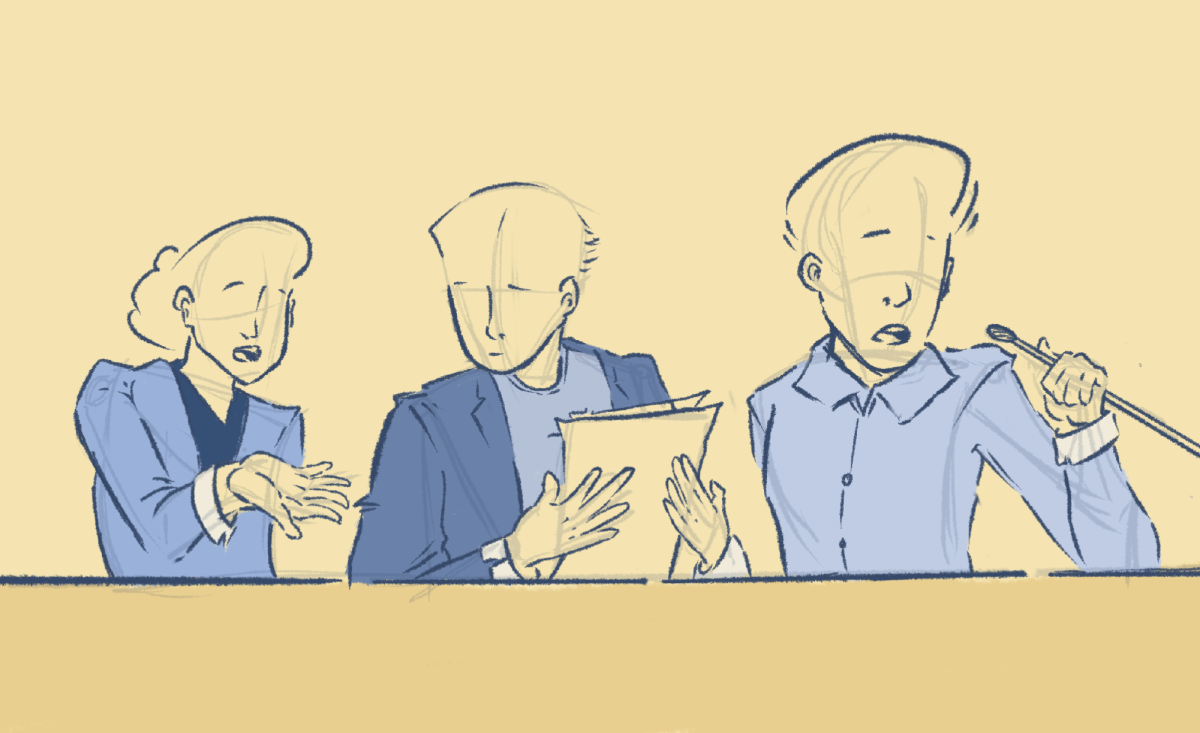Torrential rain drenched Marshall college’s Cultural Celebration, one of many events on UCSD’s annual Admit Day on Saturday. Crowds were confronted with delays and cancellations due to the weather.
Admit Day activities at all five colleges, in the Price Center and on Library Walk were also affected.
Visitors to Marshall college were still able to enjoy diverse culinary works from around the world, featuring Louisiana catfish, Greek falafel and gyros, hot dogs and sushi.
The Global Game Room was also open. This area, which was aimed at children, featured classic board games such as chess and checkers, as well as Africa’s mankala and the ancient tile game mah-jongg.
The Children’s Village lost its larger attractions due to the rain. Llama rides were canceled to keep the animals dry. The Astrojump was also gone by 12:30 p.m. The agaobitin, or Filipino-style pinatas, were waiting inside, so those in attendance did have some entertainment.
Grammy winner Quino and three other bands, Almeta Speaks, The Revelations and B-Side Players cancelled performances. A troupe of Aztec dancers, whose costumes would have been spoiled by the rain, also canceled. A lone bagpiper arrived in the morning to play Scottish songs.
One of the main attractions that remained untouched by the weather was the Cesar Chavez exhibit. Planners transformed the Thurgood Marshall Dean’s Conference Room into a pictorial display of Chavez’s work with migrant farm workers in the 1960s.
Several other objects were displayed, including a quilt modeled after the United Farm Workers flag and a video presentation of “”Fight in the Fields.””
The exhibit opened with the history of Chavez and the National Farm Workers Association he founded in 1962. This union was formed to protect the rights of agricultural workers who were allegedly manipulated and underpaid while the U.S. and Mexico engaged in a “”Bracero program,”” whereby labor was imported from Mexico to keep prices low.
From there the display moved to illuminate some of the specifics of the labor rights movement that was growing in the San Joaquin Valley and elsewhere.







